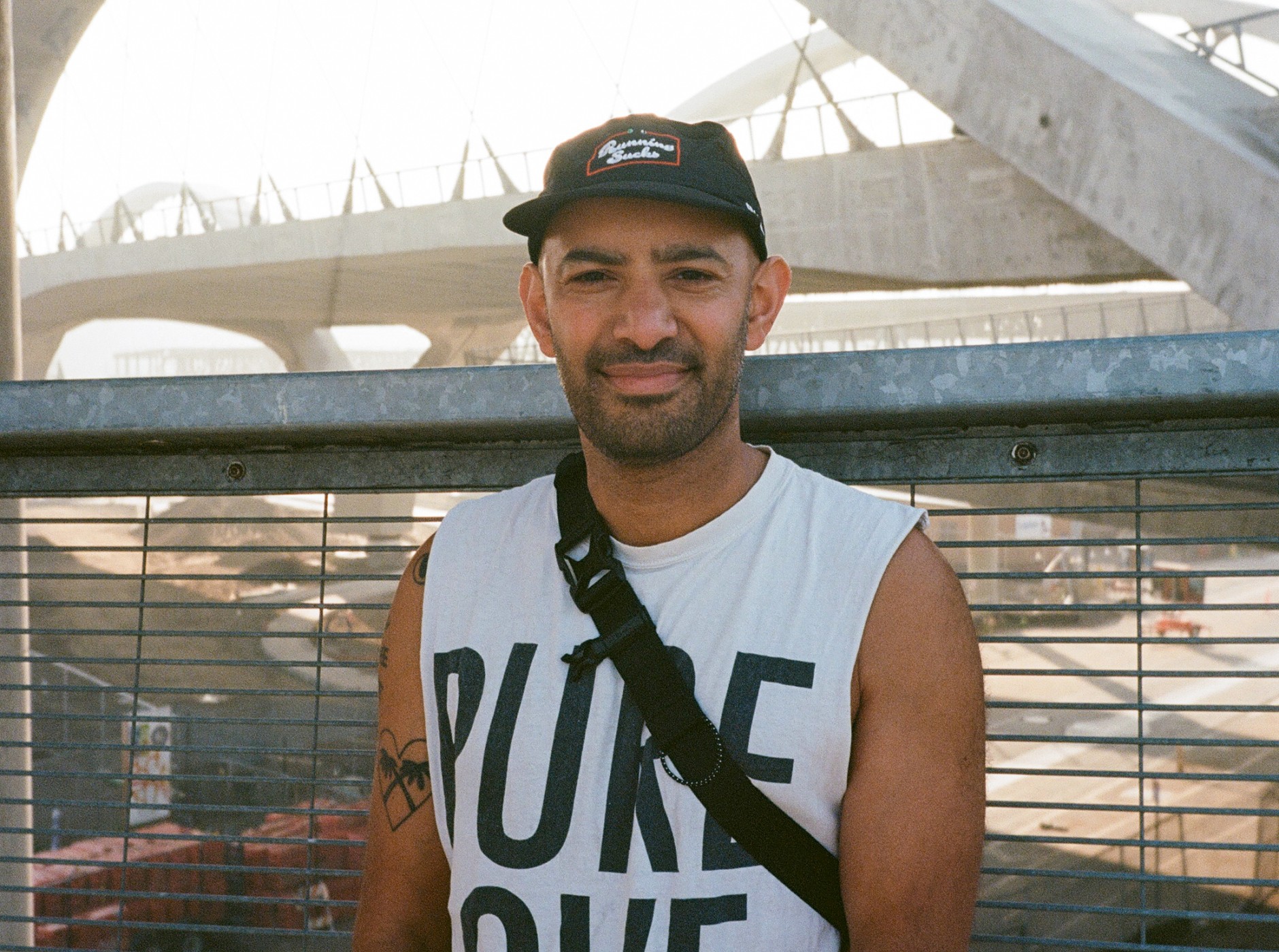Born in London, now residing in Los Angeles, Raziq Rauf is a professional writer, having worked on titles such as Classic Rock, Kerrang! and The Guardian, as well as for the BBC and Virgin Radio. Raz now writes Running Sucks, an online publication telling cultural and personal stories from across the world of running.
Liam caught up with Raz ahead of the talk series to get to know Raz a little better.
---
Hi Raz! You have a hugely diverse and interesting background both professionally and with your personal projects. What is the TL;DR on Raziq Rauf?
As much as my experience has been spread across titles, I’ve always been a writer first and foremost. I started a web zine when I was 17, having just celebrated 25 years of that which is insane to say. I went to university in Manchester, writing all the way through and paying for my studies through writing. After uni, I moved back home to London where I wrote for Classic Rock, Kerrang! and the music mags around before finding radio through Virgin. It was my first experience with content writing, but it was still writing, so I was honing my craft through that. I was basically working two jobs in my 20s – since I was still working in music, writing about the Metal and Hardcore scene – which wasn’t very healthy.
I started running around this time alongside the writing and moved to L.A. where I worked in agency copywriting. §the pay was clearly better but the work definitely less fun. So I started [Running Sucks] a couple of years ago – my first bit of sports writing – covering running. I just wanted to write about something I cared about.
I ran during school before picking it back up in my early-20s; I was always around town working and getting drunk essentially, so needed some balance in my life! I haven’t stopped running or writing since. I’m very comfortable saying I’m both a runner and a writer.
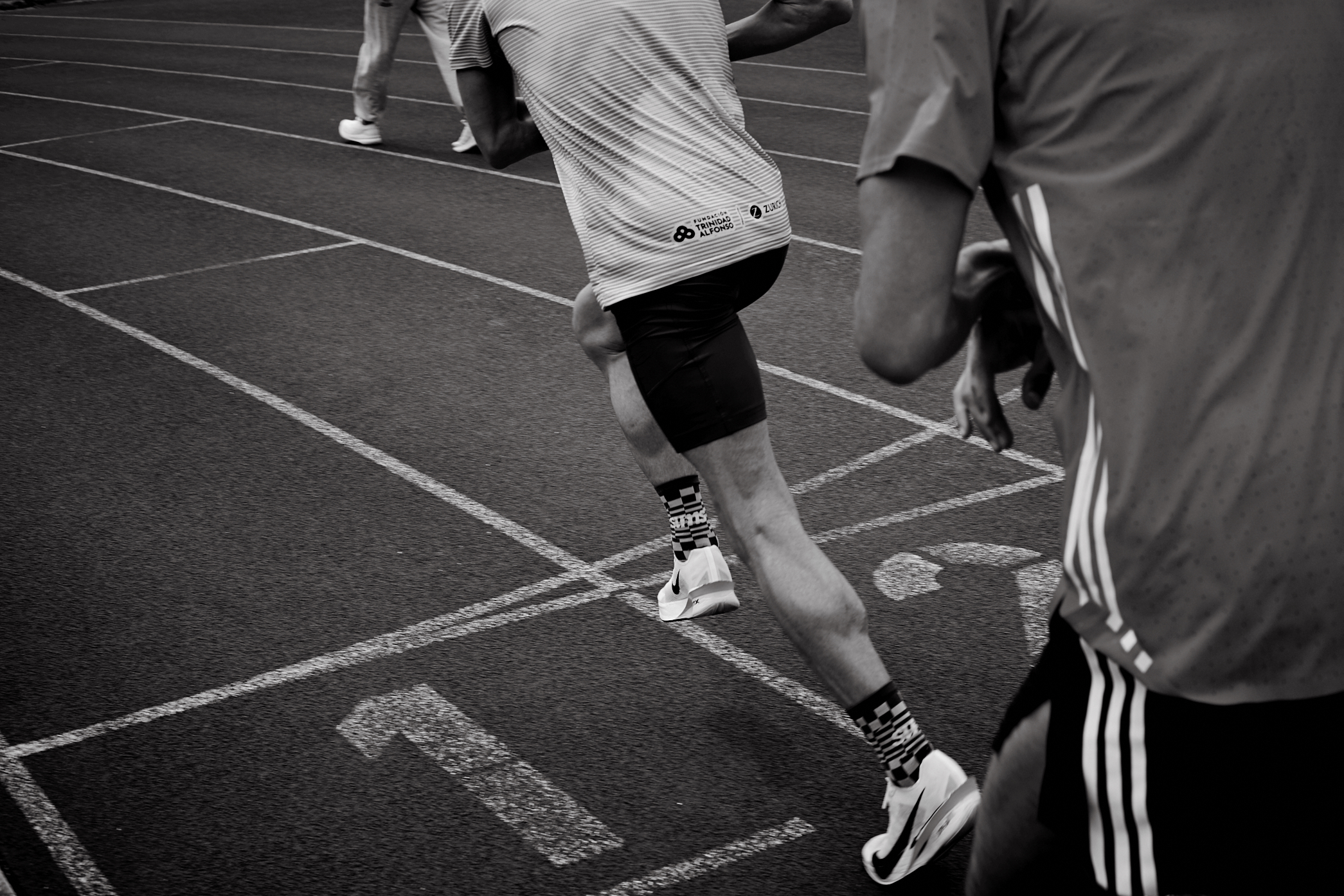
Doing both of these things, the two sides to your personality, is there a common thread between running and writing for you?
They’re both very solitary experiences. Even when i’m running with a run-club of, say, 20 people, you’re running and I’m running, but how the person next to me is running doesn’t affect my own movement. We all have to run at our own pace regardless and I'll fit in with the people that I run at the same pace as. It's still very solitary, even with people. And obviously writing is solitary. You can be in a room with other people bouncing ideas off each other, but that isn't the writing part, but that's the ideas part of it, right? The writing part of it is you, getting your head down and writing. Same with you getting your head down and running. There are lots of parallels.
Running Sucks is a cross-section of the running world, from people, to brands, to cultural phenomena. How would you define it to someone who hasn’t read it before?
Well the original conception was thinking “ I really miss talking to interesting people”. Back in my music journalism days, I’d be talking to some of the biggest rock stars on the planet, you know? That was fun. And sometimes those people are really boring, actually, but sometimes they are mad as fish. You could sit down with the singer of a festival headliner and he threatens to punch you! “I'm like, okay, can the PAs come and save me, please?!” Or you can get another who is super charismatic on stage, but is almost non-verbal.
It's kind of interesting just to learn about the people, and I missed that. But I didn't want to go back to that music writing; the music world is a certain lifestyle which I've moved on from.
I also knew that there were so many really interesting people in the running world because I'd been following it as a fan for the past 10-15 years. So I started just trying to tell some of these amazing stories. Trying to get access to some of these really awesome people and brands that – especially over the past 10 years with the most recent rise in running – are approaching running so much more creatively.
I like to just hash my ideas out myself and see what resonates with readers. A lot of times I've pitched really good ideas (or ideas that I think are good) to traditional publications and it hasn't resonated with the editor, but I've been confident that they'd be good. And so Running Sucks gives me a bit more freedom to try stuff out as a playground for ideas I find interesting. I like the stuff that I really care about. And so it's somewhat self-indulgent but I also think that if something's got value to me, it'll have value to other people as well.
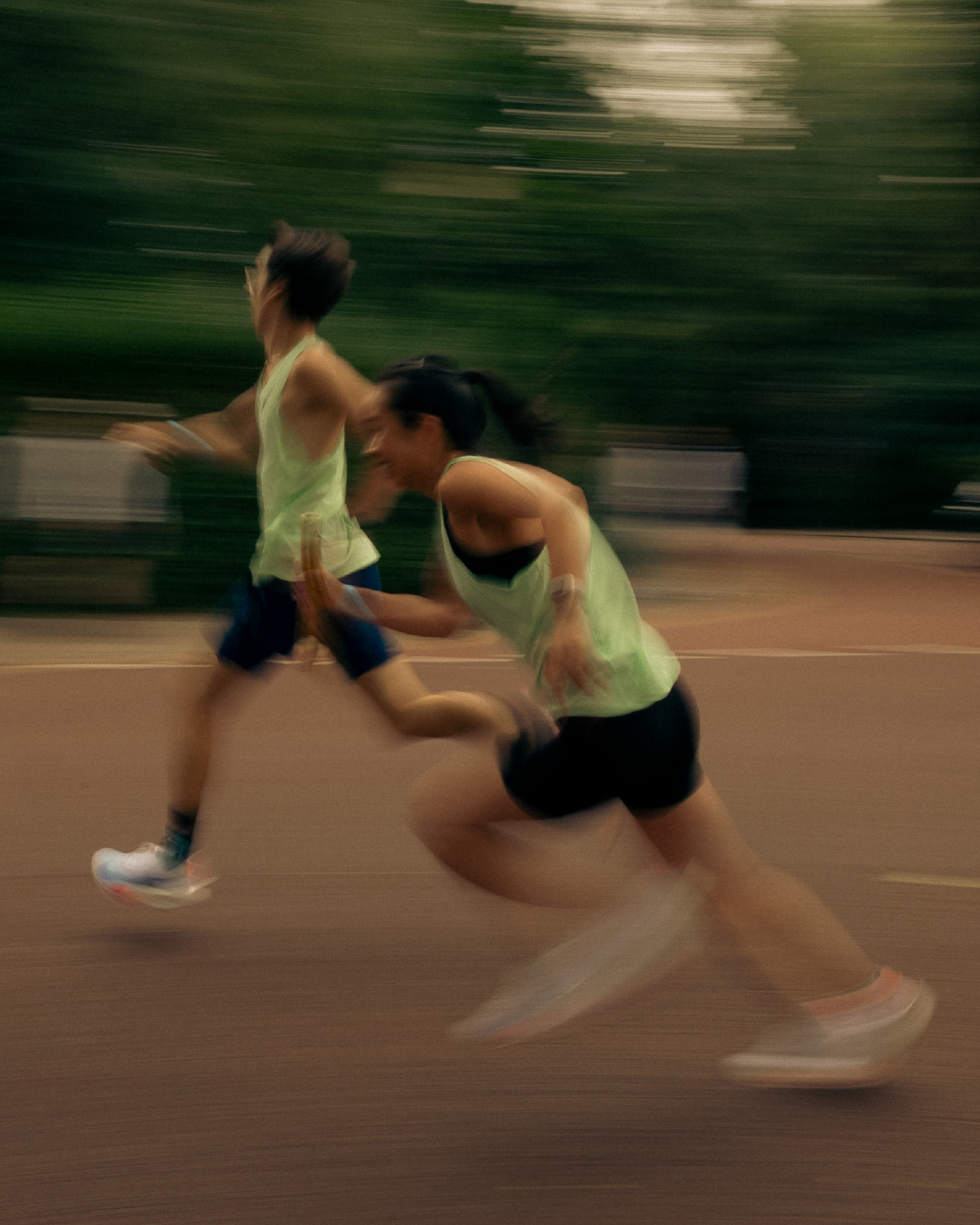
Tell us more about the name, Running Sucks. As a runner for 15+ years, I really feel that, sometimes, running does suck!
You know, that's kind of the premise of running to me. Every single run, there's going to be something that's a bit difficult, and that's going to annoy you or where you suffer a bit. Even if it's just as simple as getting out of bed in the morning. But once you accept that getting up early tomorrow morning is going to be awful, then you start thinking, how do I make that less awful? You lay your clothes out beforehand, you get your overnight oats ready in the fridge, so you don't have to think about your breakfast too much. There's two things off of your mind and that's going to make it less difficult and you can get to the bit of running that you love with a little bit less friction.
As a coach, all of this underpins my coaching philosophy: how do you make running as friction- free as possible? Because, especially for beginner runners, the thing you hear is “how do I stop hating this?’ You never fully stop but if you can get the lowest hanging fruit, it removes a lot of the stress.
My question to people is always: “what's the thing that you hate most? What's the biggest barrier to getting you running?”
I think to be a runner, you always have that little bit of like, in the back of your mind where you're like, I still kind of hate this sometimes. Why do I do this?
Yeah. It's very Catholic self-flatellation, you know?
Right! And beyond that, obviously we do say ‘running sucks sometimes’, but what is it that keeps you going amongst everything that you've done in your life and are currently doing?
My primary goal for running is to be healthy physically. That was always number one. But also, be healthy in the mind as well. It is, I think, an idea that's come through more in the past 10 years. 20 years ago, people were talking about it like, you’ve got to perform or you’ve got to keep a healthy body.
There’s been a point where we’ve learnt that you need to keep your mental health in as good a condition as your physical health. So when I talk about why I run for my health, it's not just my cardiovascular. It's not just to have a healthy body.
It's also about the brain. I like getting out into nature. I run outside, even if it is through the city. I still get the experience of the outside. Swapping the ceiling for the sky is an immeasurable improvement for my mental state.
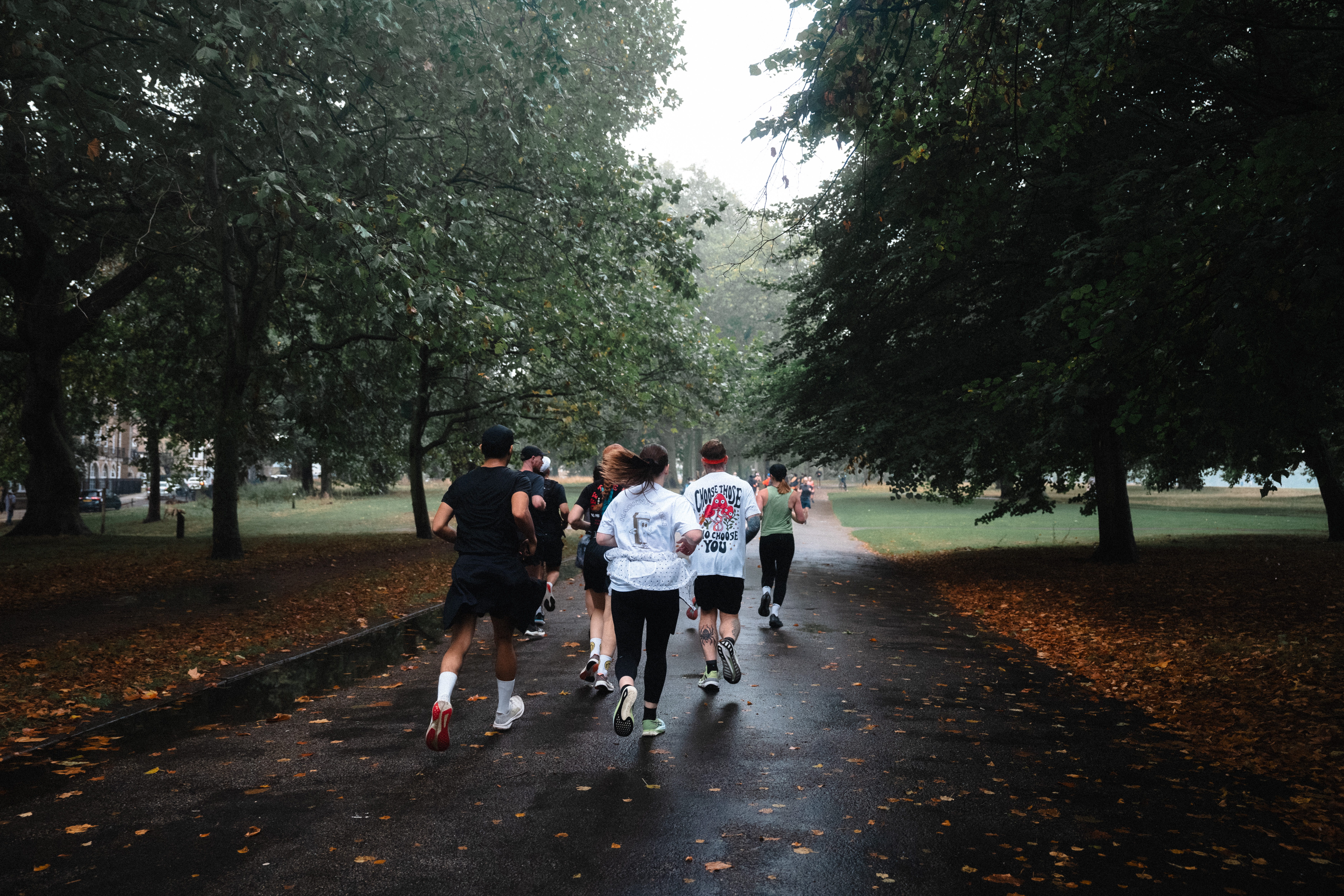
Inclusivity and access to running play a big part in the stories you tell and for the people you feature. What are some like common themes and common barriers that are preventing people from accessing running? We obviously hear or there's a narrative that running is the most accessible sport in the world, but clearly there are lots of barriers that stopping people.
I do think it is still the most accessible sport. But that doesn’t mean there aren’t still improvements that can be made. And just because there are improvements, doesn't mean it's not good. As an analogy, I can make very good roast chicken. But it could still be better next week; just because you've done something that's okay, it doesn't mean you shouldn't think about making it better. It doesn't mean that last week's roast chicken was bad, but I want to make the best one I can possibly make. It’s the same with inclusion in running.
That's kind of how I approach most things, from an optimisation standpoint. Constant optimisation with a view of having it be the best it's ever been. It might not be perfect. It might never be perfect, but from the very start, I've always said, I want people to think more deeply about running, and think deeply about everything. And so if I can write something which makes someone think “Oh, well, I never thought about it that way, I didn't realise”, then that might change their behaviour a little bit. They might do something special to improve running for other people and for themselves.
I guess a lot of stuff falls under DEI, right? That has been seen as a liberal trait which some people have pushed back on. But if you talk about it as progress, no one disagrees with that. Everyone wants better. And so if we just try to make it better, then what's the complaint?
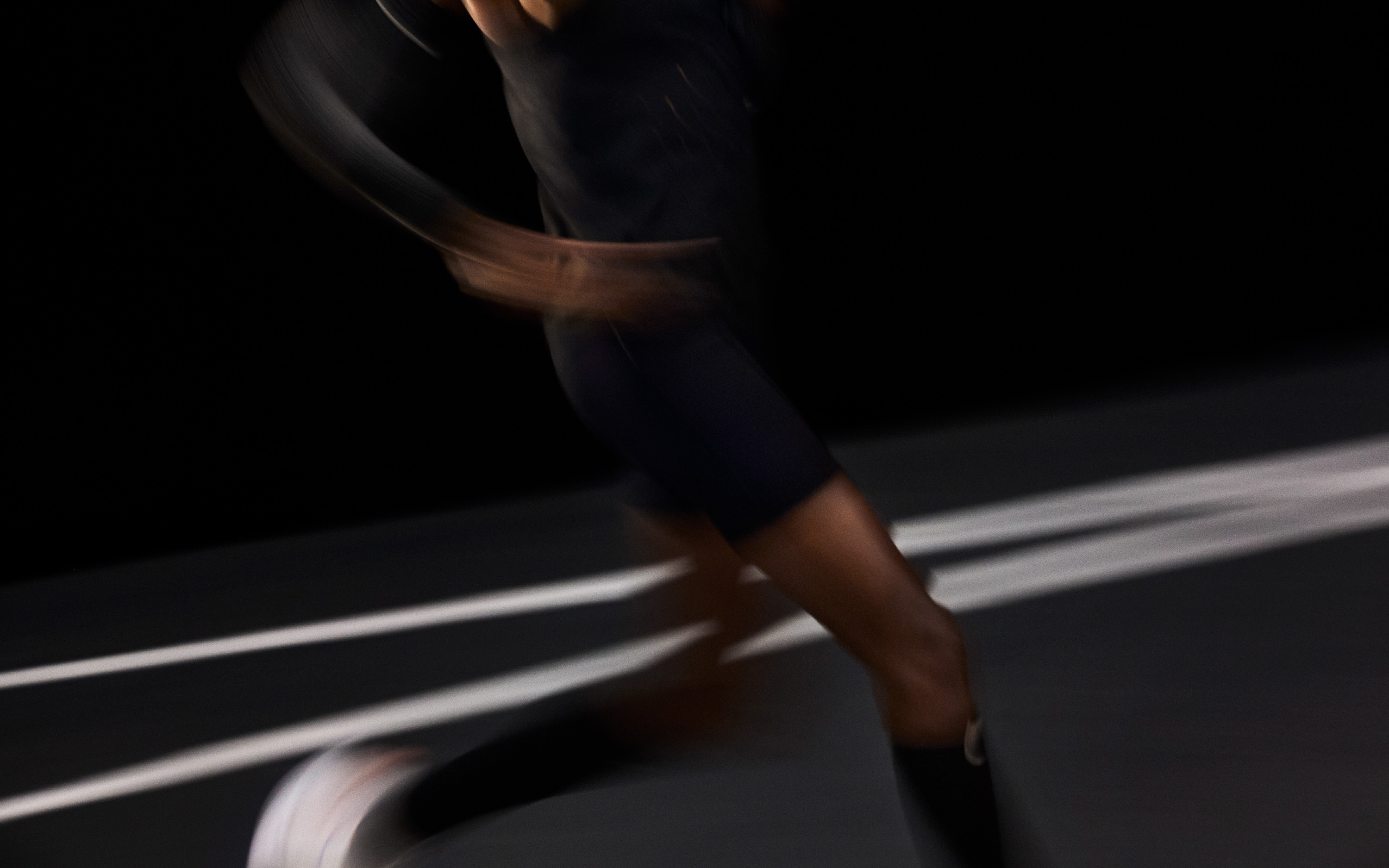
And you speak to so many people from such varied backgrounds, geographically, racially, across genders. What kind of shifts have you seen in running since you started writing Running Sucka and since you have been running yourself ?
I think overall, like, let's go on the big picture over thepast 15-20 years, just the number of non-white men running. So lots of more women running, lots of more people of colour running. More variety, more diversity. And so as that happens, if you're a woman, you see another woman running, you're like, “oh, right, maybe I'll run with you!” If you're, Asian or black and you see a group of people that look like you, you be like, “all right, maybe I'll go join them”
And maybe you just ran in a gym on a treadmill before or even you were a ‘serious runner’, but ran alone; you might add something to your life by running with people for the social aspect and to find training buddies. Again, it’s that idea of progress.
When I ran my first half marathon in 2017, I did all my training on my own because run clubs weren't really anything back then. I'm running a half marathon again this autumn and winter and I'll be running with people every weekend and that will help me on so many levels. It’ll help with pacing. It’ll help just with boredom: doing a two-hour run, it’s dull as hell on your own!
And now I'm running along, I'll chat a whole time! You know, that's two hours of socialising that we wouldn't have gotten otherwise. As I said, writing is a very solitary endeavour and so a lot of my time is just sitting at a table typing into a laptop. So i’m combining a social element to my running
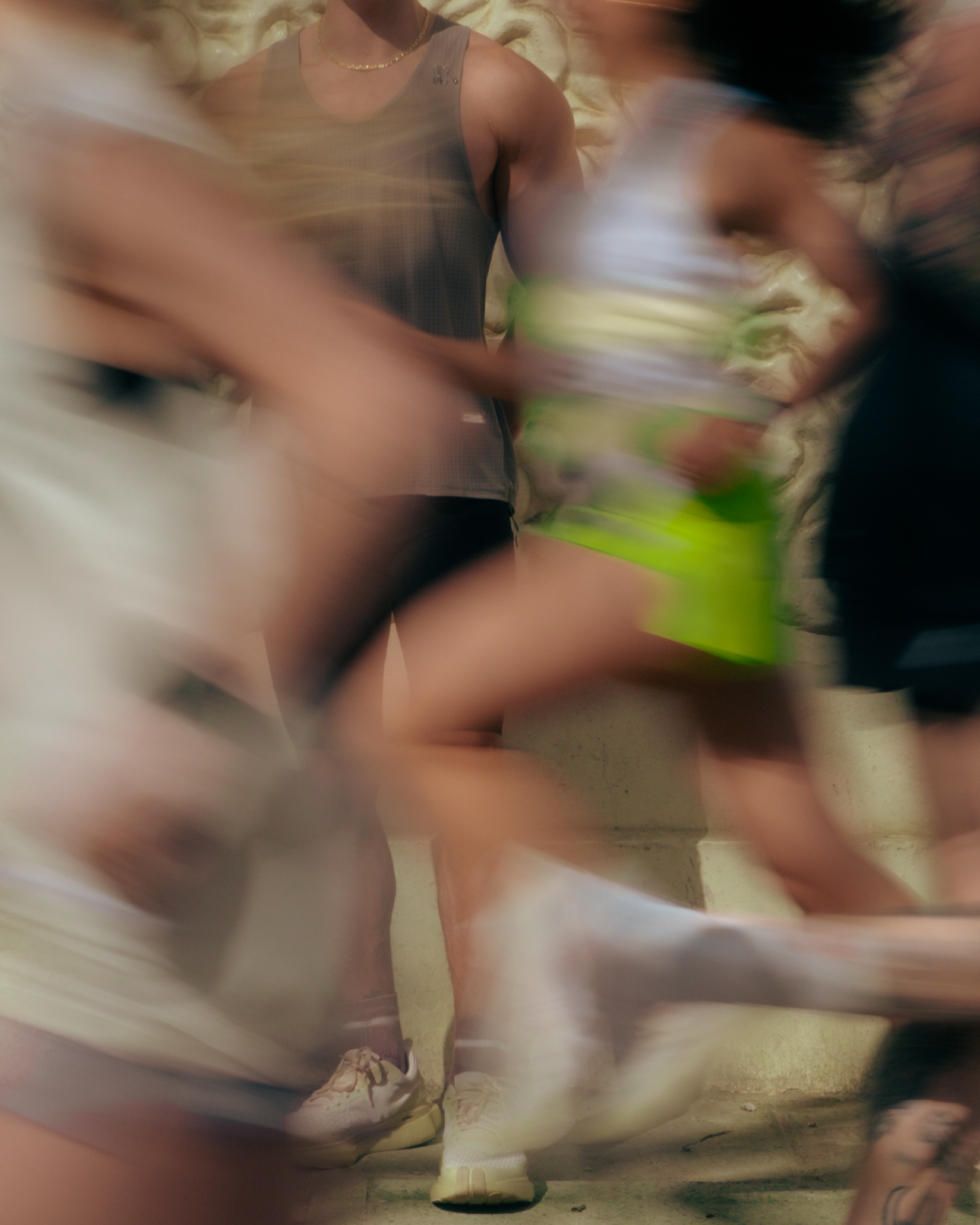
I find a lot of my social, comes from running with people, running with friends. A 30 minute run is better than not hanging out isn’t it? And I can connect with new people through running, too.
You know that you've got two things in common with them immediately. You know that they like running but also like running at that time was day. And so, you know, whether it's the morning run or an evening run, you've got two things in common immediately. So you like going to get on well.
I just wrote about that the other day. I spoke with a lady who started a nonprofit in California in L.A. about runners in recovery from addiction, and she's talking about how the lack of eye-contact really opens up the conversations. I found that really interesting. I'd always thought the same, there's something about running alongside someone, just having these wild conversations and sheput her finger on it really well.
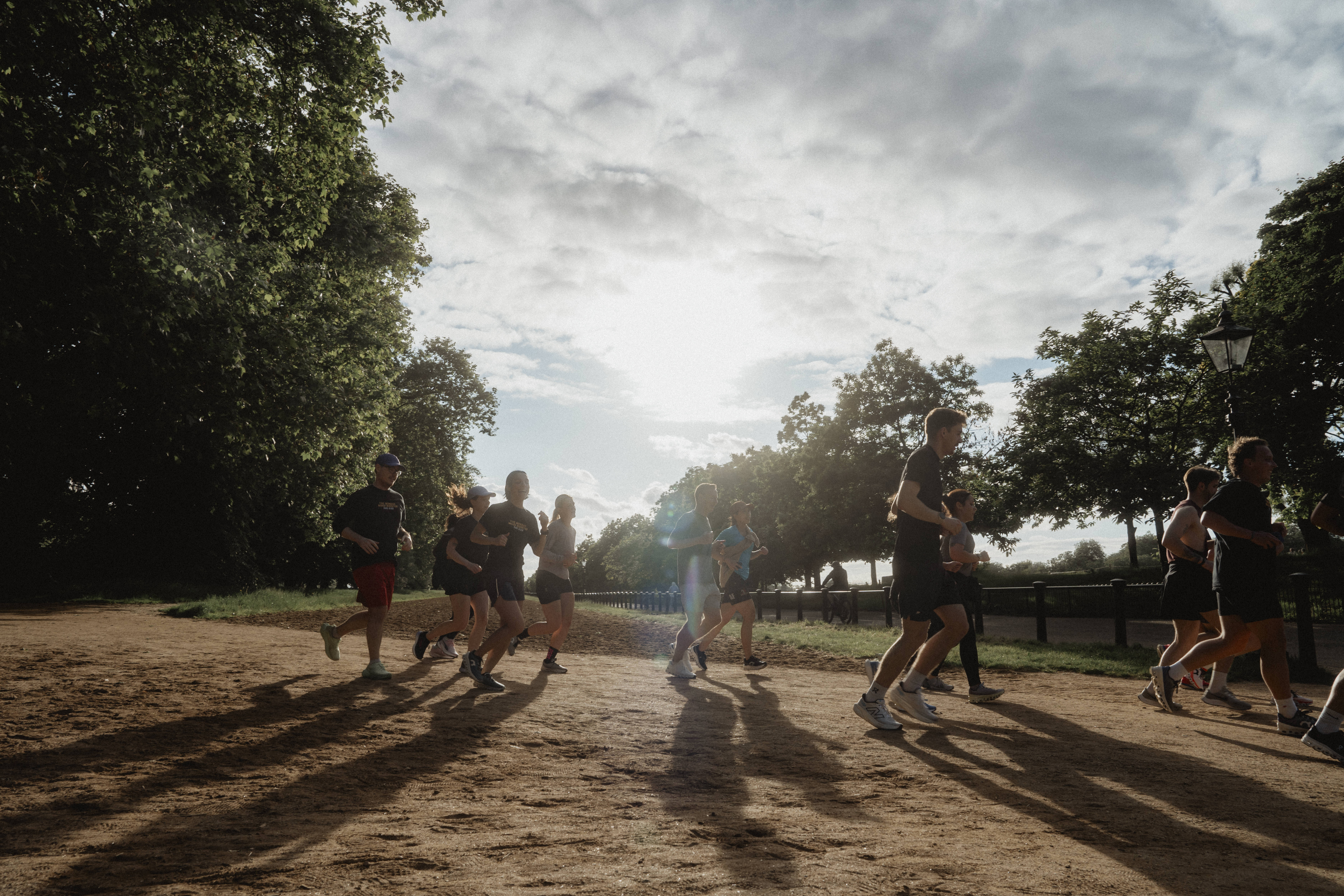
Oftentimes, people that are making changes in their community through running aren’t the influencers or the high-profile names that everyone knows. How are you tapping into those stories that are really important to share but maybe more difficult to come by because they’re not shouting about it online? How are you finding those change makers and genuine community builders?
I'm one of those people – what's the phrase, terminally online? I spend a lot of time looking at what people are doing, that’s my research. I'm naturally curious. I'll give them a follow on Instagram and see what they're doing. If I find it interesting, I'll get in touch and then see if they're interested in talking about it. You know, sometimes they're not, sometimes they don't want to talk about it, but sometimes, I can persuade them by being enthusiastic about what they are doing. I look for things I find interesting and I look for people who are doing the things that I find it interesting. If I can recognise the thing that they're doing, I think that other people will find that interesting.
That's the beauty of doing your own thing, you're on your own train. You're not reporting to anyone with the stories that you're telling. Ultimately, it’s something that I'm doing for me knowing that it will resonate with others.
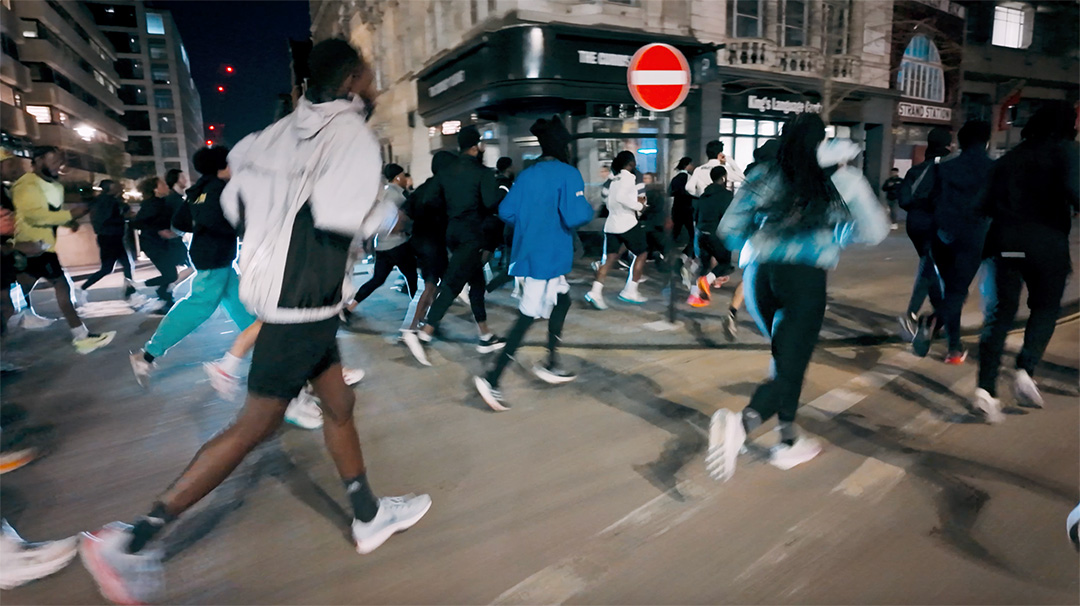
Not being based in London and coming back now, what's changed, what's exciting you about London as a city, or as a running community, or as a city more broadly?
I grew up here. It's changed so much. It feels like I'm living in a different part of London completely, even though I’m in the same part of London. I used to be on the music side of things, essentially in bars and venues. Now it's much more morning oriented, going for runs and then having a coffee and a croissant. Or, an evening run, usually with a Jubel afterwards. But it's just a different vibe. It's just as social and it can be just as boozy, honestly, but you have that added health element of having gone for a run: it just feels so much more wholesome.
But I'm seeing London through different eyes - and it's great. Over the past few summers visiting and running with people, I have really made some friends around the city. For example, I'll go for a run with Simon [Freeman, editor of Like The Wind Mag and panellist on Wednesday’s Running Culture Panel] at some point. He started reading the newsletter and I was a Like The Wind reader and so we followed one another on Instagram and, we're as close to being mates as we can, 5000 miles apart!
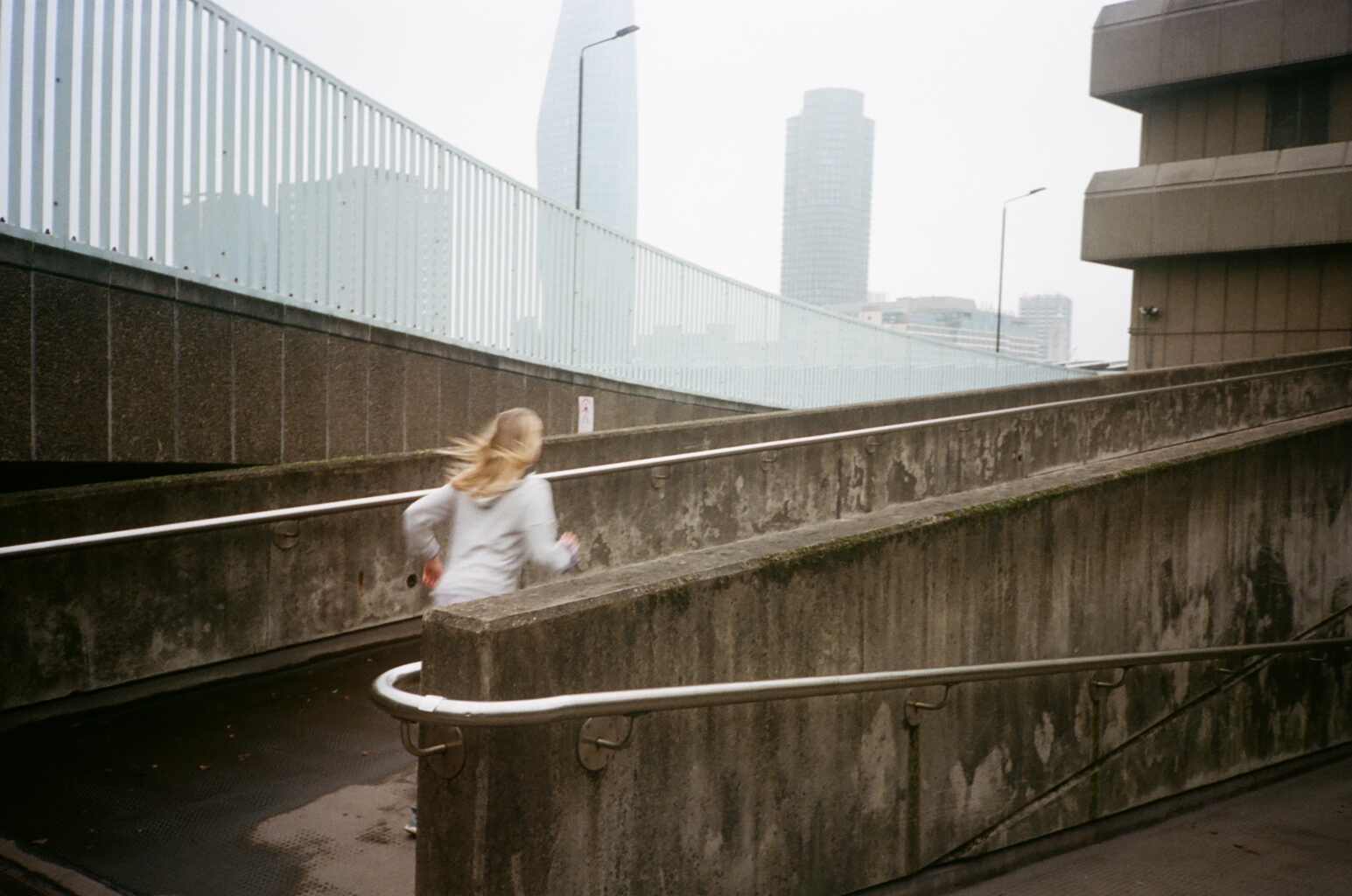
And as for more imminent things going on in your life, you’ll be coming to The Shoe Room this coming week for your talk series. What are your thoughts heading into that? It’s such a varied range of topics.
I’m really looking forward to it. Curious too. More curious to see if there is anyone that comes to all three evenings! For the Tuesday night Women In Running workshop, I know it's going to be a challenge, because the whole goal of that is to engage men in the conversation. There are men that I know who are allies and advocates for women in the sport, but when I sent them the form to send questions in, their first reply was: “I'll send it to the women”. The whole point is to get the conversation as wide as possible.
It’s the same with Thursday’s South Asians In Running conversation. Yes, it's a celebration, but also, I would love some curiosity from outside the South Asian community, to understand, to see firsthand and I say “oh, they are worthy of inclusion in, say, events or marketing campaigns”.
But it's really cool that Runlimited was excited about it because that's kind of the thing we need: people in decision making positions actually encouraging these kinds of conversations.
Thanks, Raz! We’re really looking forward to welcoming you!
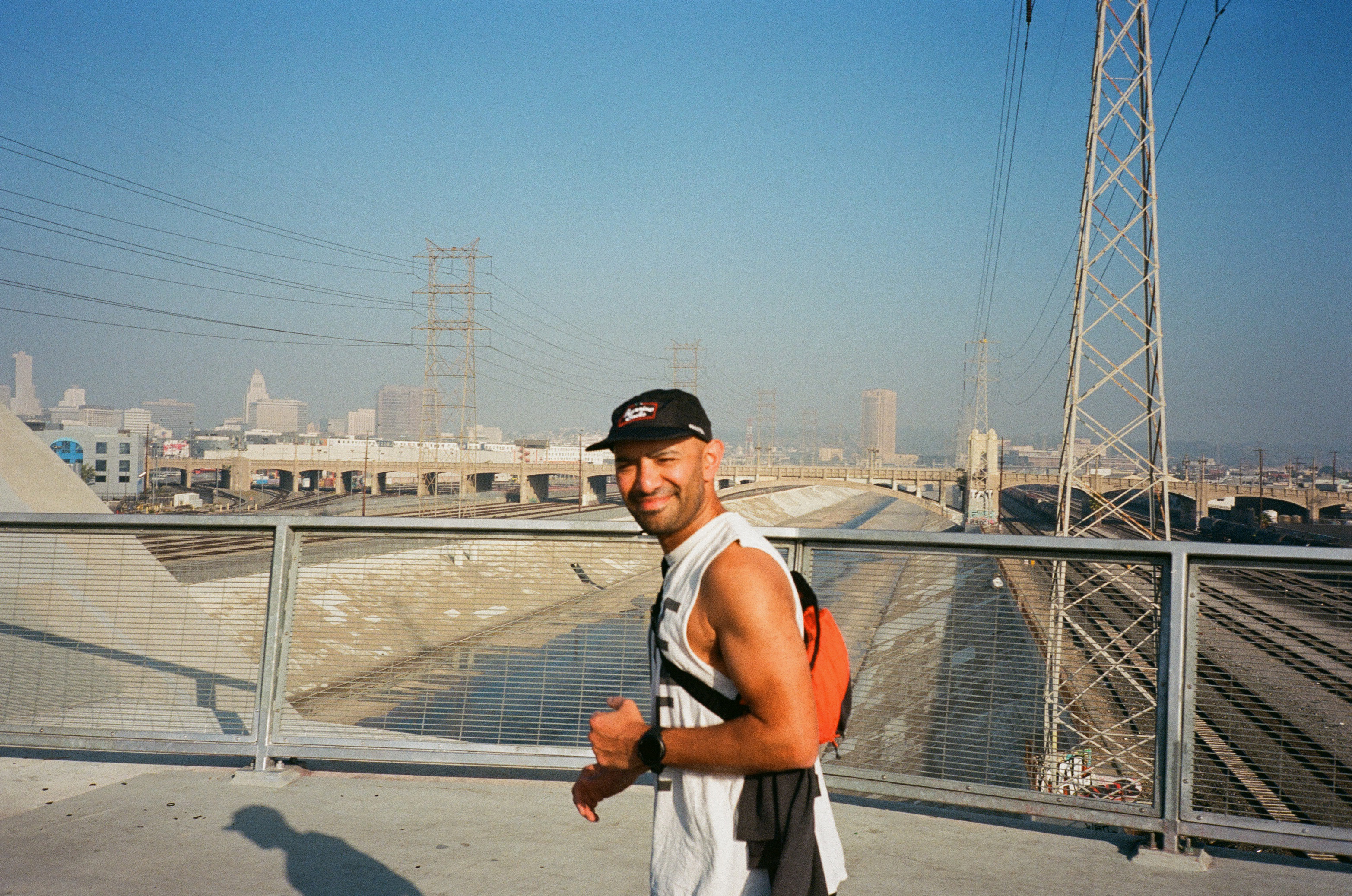
—



